Development Children
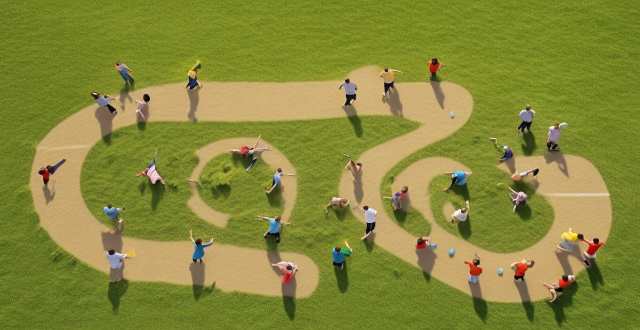
What role do parents play in the development of their adolescent children ?
Parents play a crucial role in the development of their adolescent children by providing emotional support, guidance and discipline, educational support, promoting healthy lifestyle habits, aiding in social development, and shaping moral and ethical values.
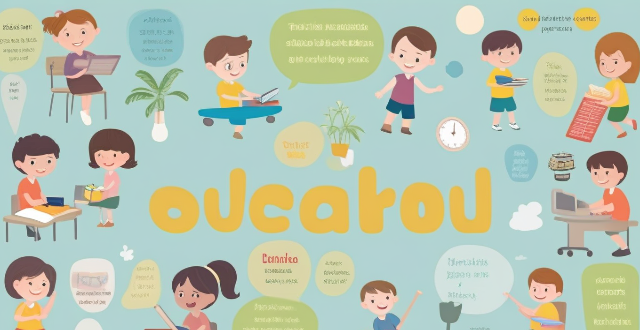
How does preschool education prepare children for kindergarten and beyond ?
Preschool education is crucial in preparing children for kindergarten and beyond. It helps them develop essential skills such as socialization, language development, cognitive development, emotional development, fine motor skills, and gross motor skills. These skills are crucial for success in kindergarten and beyond, where children will be expected to work and play with others, read, write, and communicate effectively, navigate complex social situations, form healthy relationships, and participate in physical activities. By attending preschool, children gain a strong foundation for future learning and success in all areas of life.
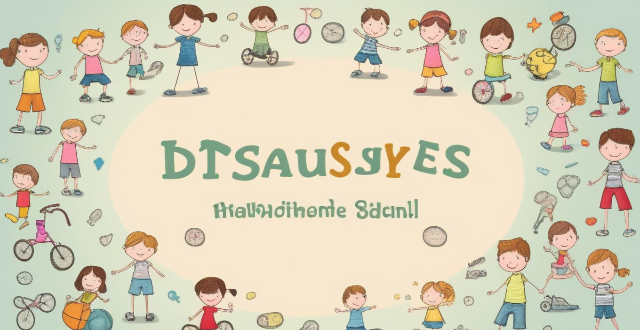
What role do sports play in character building for children ?
The article discusses the various ways in which sports contribute to the overall personality development of children. Sports ensure physical health and well-being, teach valuable life skills such as teamwork, leadership, communication, and goal setting, impact emotional development by boosting self-esteem, teaching resilience, and handling pressure, provide opportunities for socialization, and play a crucial role in moral development by instilling values such as integrity, respect, and responsibility. The author concludes that sports are not just about physical fitness but are powerful tools for character building in children.
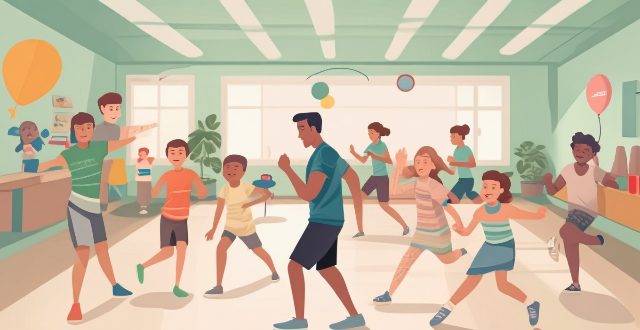
What types of sports are best for promoting motor skills in young children ?
This article explores the importance of motor skills in children's development and highlights four sports—soccer, gymnastics, swimming, and dance—that effectively promote these skills. Each sport offers unique benefits, including improved gross and fine motor skills, coordination, balance, strength, flexibility, and emotional development. Engaging young children in these activities can significantly contribute to their overall growth and well-being.
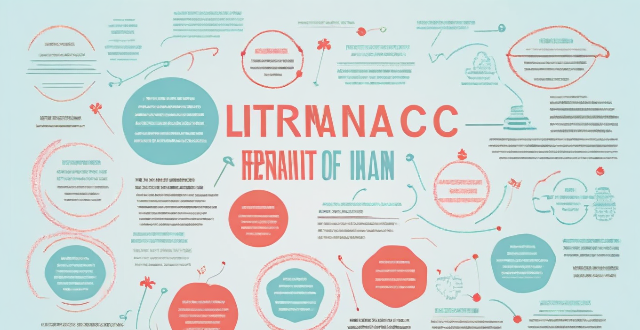
What is the relationship between physical literacy and child development ?
Physical literacy is crucial for child development, enhancing cognitive, social, emotional, and physical dimensions of learning. It improves memory, attention, problem-solving skills, communication, cooperation, empathy, self-esteem, resilience, muscle strength, cardiovascular health, and reduces the risk of chronic diseases. Incorporating regular physical activity into children's daily routines promotes their overall growth and well-being.

How does sport specialization at a young age impact overall development ?
Sport specialization at a young age can have both positive and negative impacts on a child's overall development. While it allows for skill development, confidence building, and potential opportunities for college scholarships and professional careers, it can also lead to overuse injuries, burnout, limited social interaction, physical development issues, psychological pressure, and narrow life experiences. Parents and coaches are advised to encourage variety in activities, monitor training intensity, promote balance, listen to children's feelings, and seek professional advice to ensure well-rounded development.

How can parents promote healthy developmental milestones in their children ?
This article provides tips for parents on how to promote healthy developmental milestones in their children, including providing a stimulating environment, encouraging social interaction and physical activity, teaching self-care skills, and fostering independence.

How can parents encourage their children to develop new skills through interactive activities ?
The article provides strategies for parents to encourage their children's skill development through interactive activities. It emphasizes the importance of hands-on, engaging learning experiences and offers specific tips for creating a supportive environment, involving children in planning, modeling behavior, offering praise, making learning fun, allowing for trial and error, providing practice opportunities, connecting learning to real life, and being patient and persistent. The goal is to help children become well-rounded individuals who are motivated and equipped for future challenges.
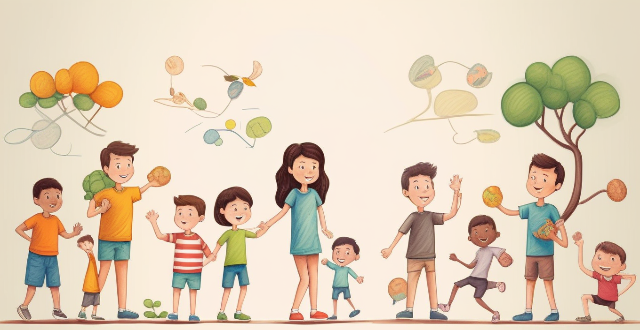
How does exercise influence social skills in children ?
Exercise plays a crucial role in shaping children's social skills by enhancing communication, empathy, emotional intelligence, resilience, problem-solving abilities, healthy risk-taking, and leadership skills. Physical activity helps children build self-confidence, promotes teamwork, develops empathy, enhances emotional intelligence, increases resilience, enhances problem-solving abilities, encourages healthy risk-taking, and fosters leadership skills. These skills are essential for establishing positive relationships with peers and contributing to their communities. Therefore, it is imperative to encourage children to engage in regular exercise to support their overall development and success in life.
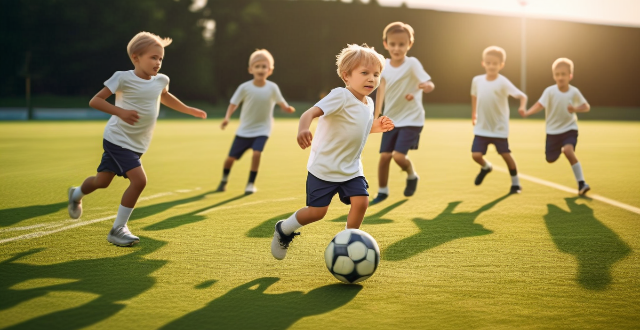
What are the benefits of participating in team sports for children ?
Participating in team sports for children offers benefits including improved physical health, psychological well-being, social skills development, life skills acquisition, and educational advantages. These activities enhance cardiovascular health, self-esteem, teamwork, discipline, and academic performance. Overall, team sports provide a comprehensive developmental experience that prepares children for success in various life aspects.

What are the psychological impacts of climate change on children ?
The psychological impacts of climate change on children can be significant and far-reaching, including anxiety and fear, a sense of helplessness, loss of connection to nature, trauma, and grief and mourning. It is essential for parents, educators, and mental health professionals to recognize and address these impacts to support the mental health and well-being of children affected by climate change.

How can children become advocates for climate change mitigation ?
Children can play a pivotal role in advocating for climate change mitigation. They can start by understanding the basics of climate change through educational programs and applying what they learn in their actions such as reducing waste, reusing items, recycling, and planting trees. Community engagement activities like clean-up drives and promoting sustainable practices also help in raising awareness. Children can use social media responsibly to spread information about climate action and express their views through artwork or letters to decision-makers. They can also influence decisions by meeting local leaders or participating in youth councils. Collaboration with peers and NGOs helps in achieving larger impacts while global engagement makes them feel part of a larger movement. Personal development activities like building public speaking skills and learning about sustainability empower them further.

How does physical activity affect children's cognitive development ?
This article discusses the positive impacts of physical activity on children's cognitive development, including improved attention and memory, enhanced executive functioning, increased learning abilities, reduced stress and anxiety, and promoted socialization and teamwork skills. Regular exercise can enhance blood flow to the brain, strengthen neural connections in the prefrontal cortex, stimulate neurogenesis, release endorphins, and provide a healthy outlet for releasing energy and emotions. Encouraging children to engage in regular physical activity can have long-lasting positive effects on their overall well-being and success throughout life.

What are the benefits of sports education for children's development ?
Sports education offers a wide range of benefits for children's development, including improved physical fitness, motor skills, cognitive abilities, stress reduction, social skills, self-esteem, emotional regulation, and resilience. These skills are essential for building strong relationships and succeeding in both personal and professional life. By encouraging children to participate in sports activities, parents and educators can help them lead healthier lives and develop life skills that will serve them well into adulthood.
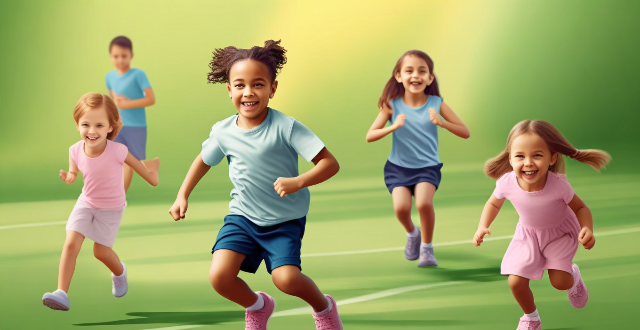
Why is it important for parents to support their children's participation in sports education ?
Participating in sports education is essential for a child's development as it teaches valuable life skills such as teamwork, perseverance, and discipline. Parental support in children's sports education is crucial as it encourages physical health, fosters emotional well-being, promotes social development, instills lifelong habits, and supports academic performance. By encouraging participation in sports, parents play a significant role in their children's overall development.

How can parents implement successful home teaching strategies for their children ?
This article discusses successful home teaching strategies that parents can implement for their children. The key strategies include creating a conducive learning environment, setting clear goals and expectations, encouraging active learning, using positive reinforcement, fostering open communication, and modeling good study habits. These strategies aim to support children's academic growth and help them develop essential life skills.
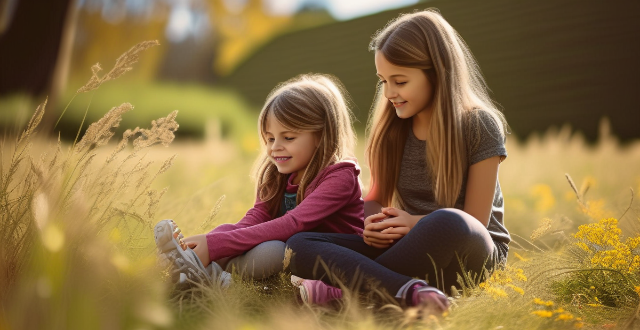
How does sports participation influence self-esteem in children ?
Sports participation has a positive impact on children's self-esteem by increasing physical fitness, developing skills and mastery, promoting social interaction and teamwork, and encouraging goal setting and achievement.
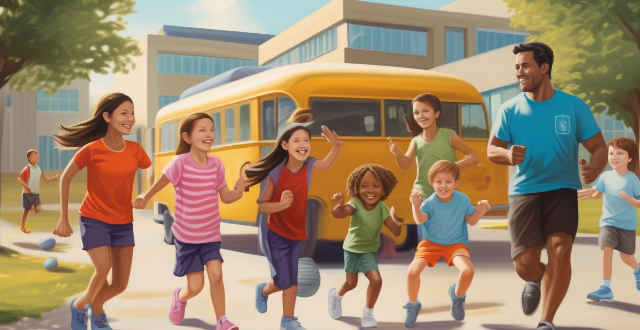
Can excessive sports participation harm a child's physical development ?
Overtraining in sports can lead to physical injuries, psychological stress, and hindered social interaction in children. It is important to ensure a balanced approach to sports participation, emphasizing rest, proper training techniques, and mental health support.

What are the implications of cognitive development theories in educational psychology ?
Cognitive development theories have significant implications in educational psychology. These theories help educators understand how children think, learn, and process information. By applying these theories, educators can create effective learning environments that cater to the cognitive needs of their students. Piaget's theory suggests that children progress through four stages of cognitive development and emphasizes the importance of hands-on activities and constructivist learning. Vygotsky's sociocultural theory highlights the role of social interaction and cultural tools in cognitive development. Information processing theory focuses on working memory, cognitive load, and metacognition. By understanding these theories, educators can enhance student learning and promote cognitive growth.
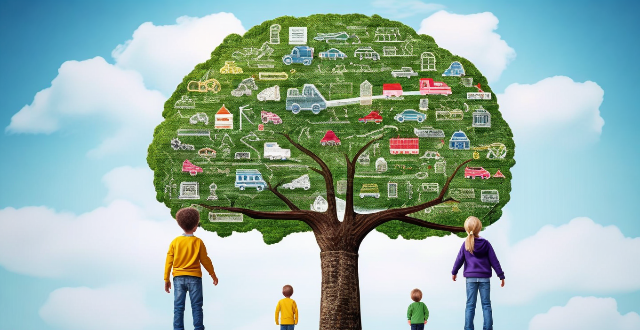
What are the benefits of teaching children about climate change ?
Teaching children about climate change is crucial for their future, empowering them to take action and make a difference. It enhances their awareness, critical thinking skills, environmental stewardship, innovation, preparation for future careers, empathy, responsibility, healthy habits, resilience, and interest in science and technology. This education can lead to informed decision-making, problem-solving abilities, responsible behavior towards the environment, and a sense of global citizenship. By teaching children about climate change, we are preparing them to confront one of the most significant challenges facing our planet.
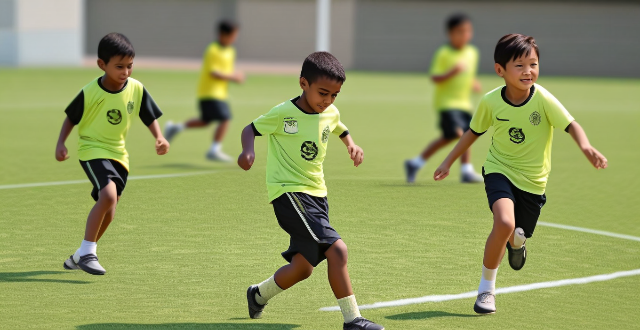
What are the benefits of team sports for child development ?
Team sports provide numerous benefits for child development, including improved physical fitness, coordination and motor skills, healthy lifestyle habits, social skills, self-esteem and confidence, discipline and responsibility, goal setting and achievement, stress relief, resilience, and empathy and compassion.
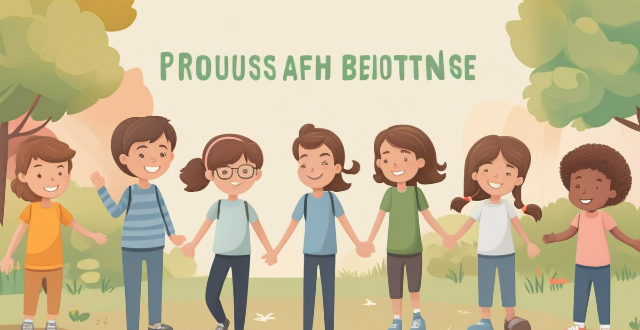
How does air pollution caused by climate change affect children ?
The provided text discusses the impact of air pollution, exacerbated by climate change, on children's health. It outlines both immediate and long-term health effects, including respiratory issues, developmental concerns, chronic conditions, and potential for other health problems. The text also highlights the socio-economic impact of these health issues, such as school performance and healthcare costs. Prevention and mitigation strategies are suggested, including reducing pollution sources, promoting clean energy, awareness and education, and urban planning. The conclusion emphasizes the need for collective action to protect children's health and future.
